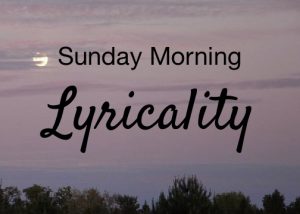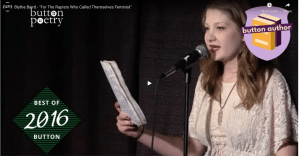
We Are Here by English Language Learners at La Cruz Community Center
The collaborative communal poem “We Are Here” takes us from the tropical weather of Somalia to an English class in St. Cloud, revealing emotional experiences common to all people–the struggles and joys of learning something new; hope; the loneliness and fear that happen when we leave the familiar behind; grief; and a desire to connect. With the last word “we,” the poem opens our eyes to the mysterious truth that although there may be superficial differences between us, in our essential humanity all of us are very much the same.
